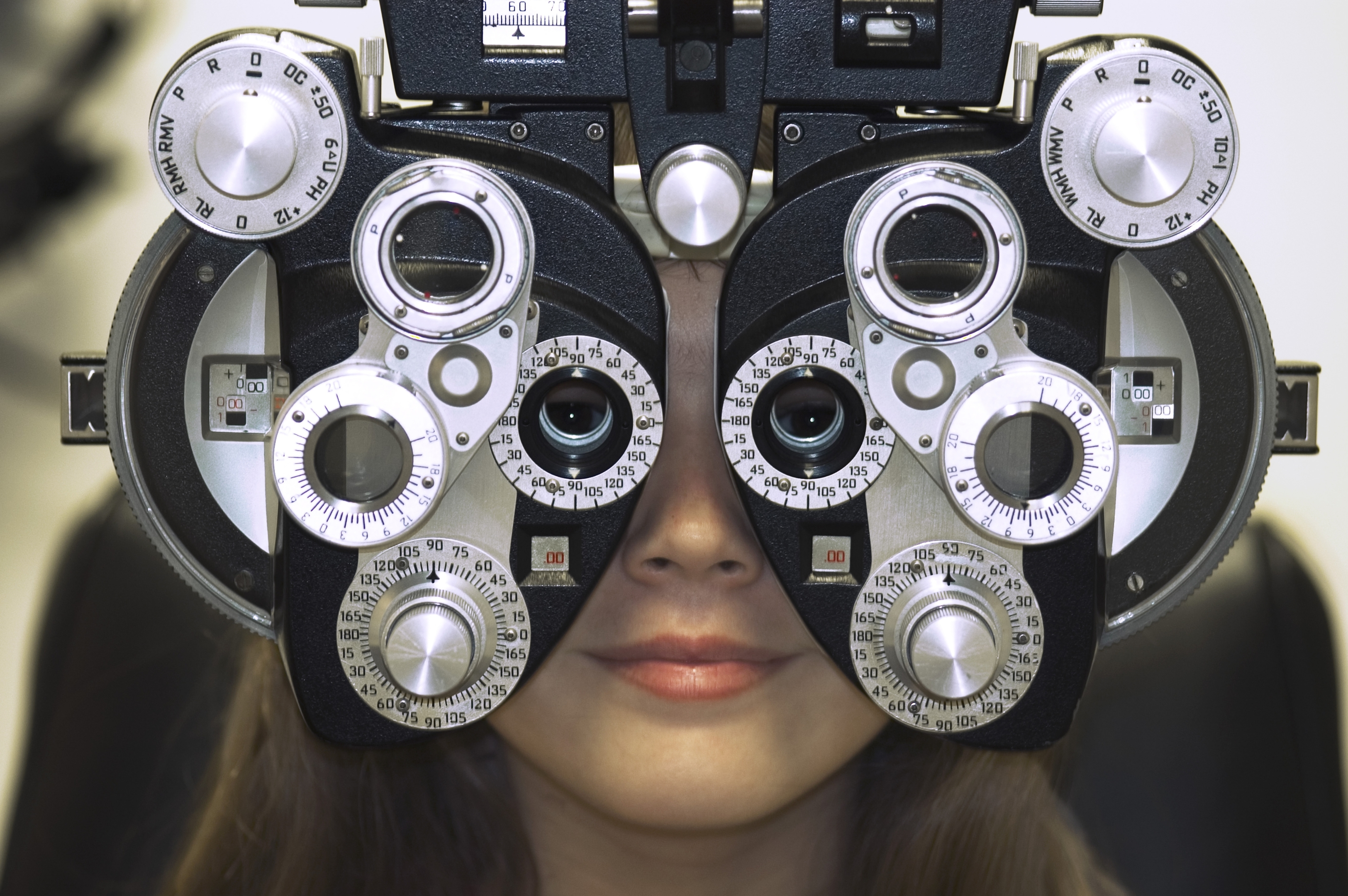DID YOU KNOW?
1.8million people in the UK are living with sight loss. For 3% of these, a simple sight test and new spectacles could really help.
A sight test can detect early signs of conditions like laucoma, which can be treated if found soon enough. During a sight test, other health conditions such as diabetes or high blood pressure may be detected. For healthy eyes, eat well, don’t smoke and wear eye protection in bright sunlight.
ASK THE EXPERT DAYS
As part of National Eye Health Week, health professionals from NHS Grampian’s Eye Health Network and local support services will be at the following NHS healthpoints to discuss any concerns you may have about your eye health and advise on how to take better care of your eyes and the range of services that optometrists offer:
Tuesday 23rd September, Fraserburgh, 11am-3pm
Wednesday 24th September, Aberdeen Health Village, 11am-3pm
Thursday 25th September, Dr Grays Hospital Elgin, 1pm–4pm
Friday 26th September, Hot Spot Peterhead, 11am–3pm
Monday 29th September, ARI Main entrance, 11am-3pm
To find out more contact 0500 20 20 30 or visit NHS Grampian’s Healthpoint website.
“NHS Grampian Eye Health Network would like a few minutes of your time to hear about your experiences with their services. Click here to complete our short survey
SIGHT TESTS
WHY IS A SIGHT TEST IMPORTANT?
Many people think that a sight test is just about checking whether your vision needs correcting with glasses or contact lenses. But there are other important reasons to have a regular sight test.
A sight test is a vital check on the health of the eyes and includes the detection of eye conditions. Many of these, if found early, can be treated successfully, avoiding potential sight loss.
A sight test can also detect other health conditions such as high blood pressure or diabetes.
WHO NEEDS A REGULAR SIGHT TEST?
Everybody! Sight tests should be part of everyone’s healthcare routine. Just like going to the dentist.
HOW OFTEN SHOULD I HAVE A SIGHT TEST?
Most people should have a sight test once every two years. Certain groups may need a test more often. Speak to your optometrist for individual advice
WHERE DO I GO FOR A SIGHT TEST?
Contact your local optician to make an appointment.
LIFESTYLE: 5 WAYS TO SAVE YOUR SIGHT
Sight is the sense people fear losing the most, yet many of us don’t know the best way to look after our eyes Health care appointments for eye problems are now free under the NHS at your local optometrist (optician).
Optometrists are trained to: assess urgent eye problems perform thorough eye examinations
check for eye disorders and manage and treat a wide range of common eye conditions.
They can attend to your visual needs no matter your age, and manage conditions such as glaucoma, a cataract or macular degeneration.
If you have an eye problem, including an eye emergency, you can visit your optometrist for advice. Optometrists have the same equipment as hospital ophthalmologists.
Following your examination, they may be able to treat and manage your eye problem at their practice, or refer you to your GP, or to a hospital eye clinic.
To find an optometrist, call the free NHS Grampian healthline on 0500 20 20 30.
If you have an eye problem when your optometrist or GP is closed, and feel it can’t wait, phone NHS 24 on 111.
